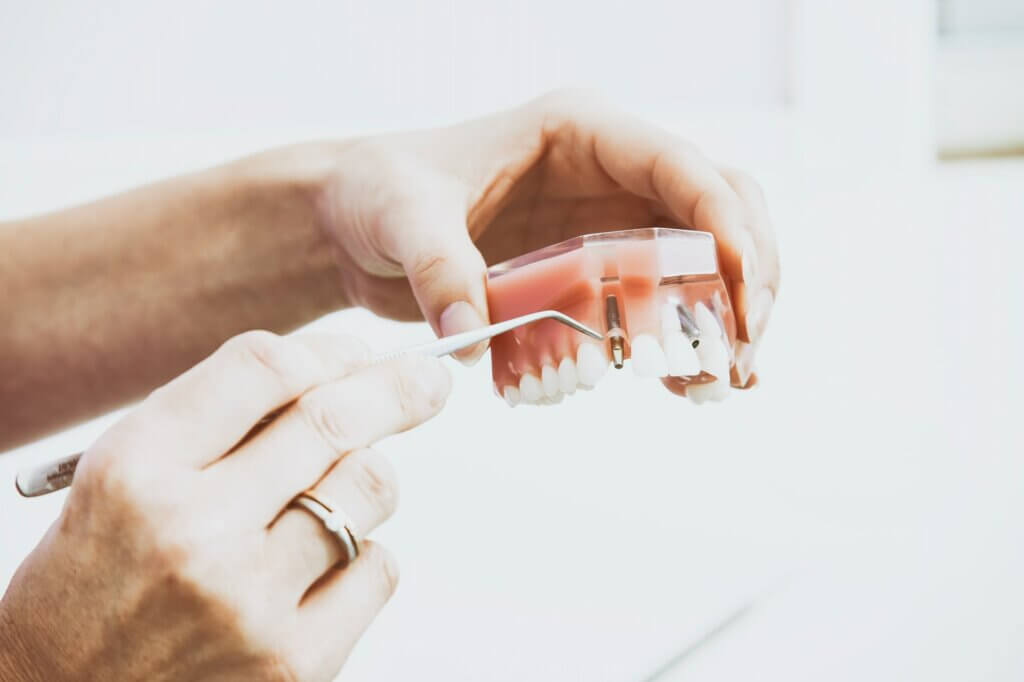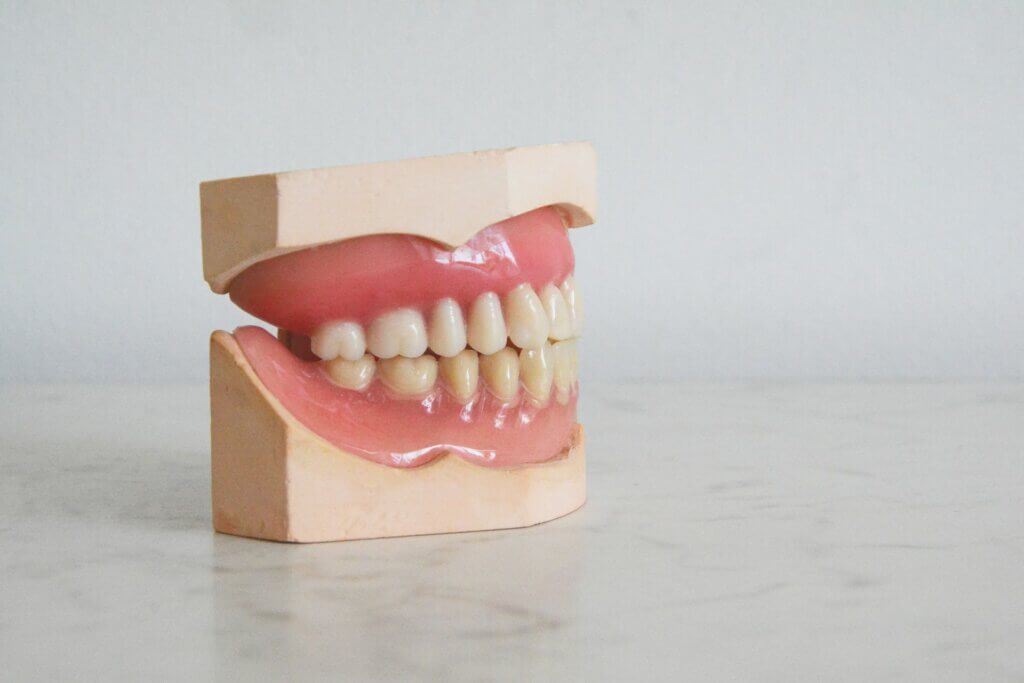Although many think of breast cancer as a woman's disease, it can also affect men. This week we'll be discussing some of the most common treatments for breast cancer in men, including surgery, radiation therapy, and chemotherapy.
We'll also explore some of the newer treatment options for men with breast cancer. So whether you're a man who has been recently diagnosed with breast cancer or just interested in learning more about this topic, please stay here and read more about it.
What to Expect During Breast Cancer Treatment
When you are diagnosed with breast cancer, your first step is usually to meet with a breast cancer surgeon. This type of doctor specializes in the surgical treatment of breast cancer. During this meeting, your surgeon will explain your breast cancer surgery options. You will also have a chance to ask any questions that you may have about breast cancer surgery.
After meeting your breast cancer surgeon, you will likely meet with a medical oncologist. This type of doctor specializes in the treatment of cancer with medication. During this meeting, your medical oncologist will explain the chemotherapy drugs available to treat breast cancer. You will also have a chance to ask any questions that you may have about chemotherapy.

You may also meet with a radiation oncologist. This type of doctor specializes in using high-energy X-rays to kill cancer cells. During this meeting, your radiation oncologist will explain the types of radiation therapy available to treat breast cancer. You will also have a chance to ask any questions that you may have about radiation therapy.
After meeting your personal breast cancer doctor, you will likely have breast cancer surgery. The type of breast cancer surgery you have will depend on the stage of your illness and your personal preferences.
During breast cancer surgery, the surgeon will remove the breast cancer tumor and some of the surrounding tissue. The surgeon may also have to eliminate one or more of the lymph nodes located under your arm. This is done to check if the breast cancer cells have spread to these lymph nodes.
After breast cancer surgery, you will likely have either radiation therapy, chemotherapy, or both. Radiation therapy uses high-energy X-rays to kill cancer cells. Chemotherapy uses drugs to kill cancer cells.
You may also have hormone therapy after breast cancer surgery. Hormone therapy is a treatment that lowers the number of hormones in your body. This can stop breast cancer cells from growing.
After completing breast cancer treatment, you will likely have regular follow-up appointments with your breast cancer doctor. During these appointments, your doctor will check your breast for any signs of cancer recurrence. You will also have blood tests and mammograms to check for breast cancer.
How to Manage Side Effects of Treatment
Of course, side effects happen with any kind of breast cancer treatment. The most common side effects of breast cancer surgery are pain and swelling. You may also have a build-up of fluid in your breast, called a seroma. These side effects usually go away within a few weeks after surgery.
The most common side effects of radiation therapy are skin irritation and fatigue. These side effects usually go away within a few weeks after radiation therapy. The most common side effects of chemotherapy are nausea, vomiting, and hair loss. These side effects usually go away within a few weeks after chemotherapy.
Hormone therapy can cause hot flashes, joint pain, and vaginal dryness. These side effects usually go away within a few weeks after hormone therapy.
It is essential to talk to your doctor about any side effects that you may have during breast cancer treatment. There are many ways to manage side effects, and your doctor can help you find the best way to manage them. breast cancer
Tips for Staying Positive and Motivated Throughout Treatment

If you're going through treatment, staying positive and motivated is essential. While there will be times when you feel like giving up, remember that this is all part of the process and that you can do it!
Keep a journal
Keep a journal of your feelings and experiences during treatment. This will help you track how your mental health changes throughout the process. According to the National Cancer Institute, “Writing about your experiences can help you process them and make sense of them.”
Get involved in your own treatment plan
Try to take on as many responsibilities as possible, such as keeping track of your meds or making lists. This means you're in control of your own care and not just a passive participant.
Set goals for yourself
Try not to let negative thoughts get in the way of reaching them-they're just temporary! Negative thoughts and overthinking are evil for your mental health, so try to catch yourself when you're doing it and refocus your thoughts on something positive.
Find a support group
Find a support group or counselor to talk to about your experiences. It can be helpful to talk to others who are going through the same thing. Many support groups can cater to your needs, such as support groups for members of the LGBTQIA+ community, single mothers, teenagers, and so much more.
Stay active and eat healthy
Exercise and eating right will help you physically and mentally. We are not saying that you have to become a gym rat, but even 30 minutes of walking daily can help improve your mood and energy levels.
Some types of exercises we can recommend include yoga, Tai Chi, and Pilates. As for eating healthy, try to eat a balanced diet with plenty of fruits, vegetables, and whole grains. And don't forget to stay hydrated!
Be kind to yourself
Most importantly, don't forget to show yourself some love and compassion. Breast cancer treatment is harsh, but you are more challenging. Remember that you are not alone in this fight; support is always available if you need it.
Taking Care of Your Mental Health During Breast Cancer Treatment
As mentioned earlier, your mental health also matters greatly, especially when undergoing breast cancer treatment. If you're feeling anxious about the upcoming treatment, there are several things you can do to help yourself feel more at ease.
Join a support group or start your own: You can find online forums where people go through similar experiences and share advice with each other. You can also try creating a support group in your area if one doesn't already exist.
Talk to your doctor: If you aren't comfortable talking to someone else about your emotions and fears, talk to your doctor. She might be able to recommend an appropriate counselor or therapist who could help you process what's going on in your life during treatment.
Set up a support system at home: If you live alone or in an apartment where finding someone who will listen when they aren't busy is difficult, set up an emergency phone number where anyone who needs it can call if they need someone to talk to while they're away from home for any length of time (or even just for a weekend).
Take care of yourself physically: Make sure that you eat well, exercise regularly, get enough sleep and rest, and take breaks when you need them. A healthy body will help your mind feel better as well.
How to Cope With the Physical and Emotional Changes That Come With Treatment
Coping with the physical and emotional changes that come with treatment is like dealing with any other life event-you have to find your own way. Still, some general tips can help you get started.
Talk about it: One of the most significant ways to cope with treatment's physical and emotional changes is to talk about them. You don't have to go into too much detail, but talking about it can be helpful. It can also help keep you from feeling isolated or alone, which can also be important.
Get some sun: While it's not always possible to do so, getting some sun is one of our favorite ways to deal with both the physical and emotional changes associated with treatment.
The sun has been shown to improve mood and lower levels of stress hormones in humans (among other benefits). It also helps regulate circadian rhythms (our body's internal clock), making sleeping better, waking up more manageable, and helping us feel better throughout the day.
Exercise regularly: Exercise will help improve your overall health and increase your energy levels-two things essential for coping with all sorts of changes. Taking up walking, running, or swimming are all great options!
What Happens After Breast Cancer Treatment Is Completed

After breast cancer treatment is completed, you will most likely be on medication to help ease any side effects. It's also possible that you will have to have surgery to remove some or all of the cancerous tissue.
The time it takes to feel better after treatment depends on the type of surgery you've had and how well your body responds to it. Most women can return to normal activities within six weeks after surgery.
It may take up to a year before you feel completely healthy again, but you can expect to have less pain and more minor swelling in your breast during this time. You may also experience some discomfort from your scar tissue and any new lymph nodes removed during treatment.
If you're worried about having more surgery in the future, talk with your doctor about the options available for managing any symptoms or side effects after treatment is complete.
Conclusion
Breast cancer treatment is one of the most commonly diagnosed cancers, aside from skin and prostate cancer. If you have been diagnosed with breast cancer, you are not alone. But like all cancers, it is a severe disease and must be treated quickly and adequately to ensure survival.




